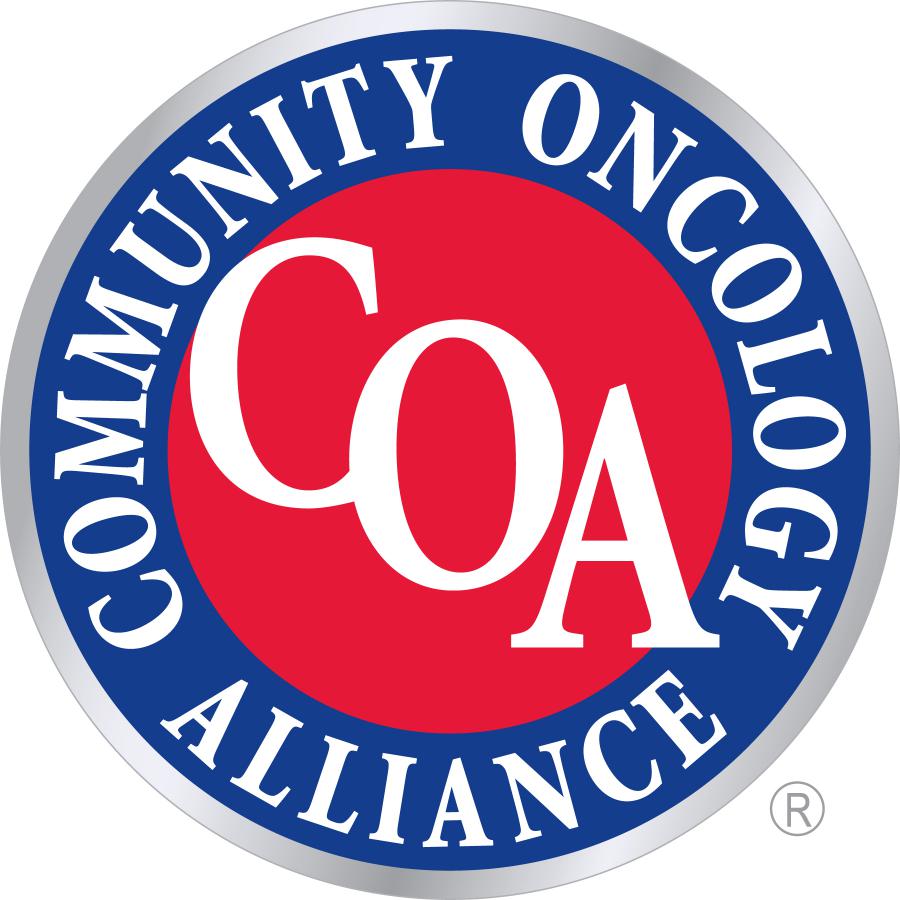
Community Oncology Alliance Responds to Draft Guidance for Medicare Drug Price Negotiations
COA Responds to CMS Draft Guidance with Urgent Call for Action to Prevent Practice Closures and Protect Patient Access
WASHINGTON, DC, UNITED STATES, June 26, 2025 /EINPresswire.com/ -- The Community Oncology Alliance (COA) has submitted comprehensive comments to the Centers for Medicare & Medicaid Services (CMS) in response to the draft guidance for the Inflation Reduction Act (IRA) Medicare Drug Price Negotiation Program set for implementation in 2028.
The Medicare Drug Price Negotiation Program Draft Guidance (MDPNP) for Initial Price Applicability Year (IPAY) 2028 details how community oncology practices will be reimbursed for physician-administered drugs under Medicare Part B under the IRA. COA warns that, as currently designed, this bureaucratic policy could destabilize a vital part of the nation’s cancer care infrastructure, forcing independent cancer care providers to shut their doors and threatening patient access.
• Read COA’s full comments to CMS regarding draft IRA guidance.
Under the IRA, CMS is empowered to negotiate the price of drugs with pharmaceutical manufacturers. In the current implementation of the IRA, the formula used to calculate practice reimbursement is projected to be cut by an average of 47 percent and up to 64 percent. This reimbursement is critical revenue that covers essential operational costs like medication storage, handling, and critical staff while other Medicare payments have been continually cut by CMS.
“If the IRA is not fixed before 2028, the community cancer care system will be devastated. COA has heard from practice after practice that the projected cuts would be a ‘practice ending event’ given their magnitude,” said COA Executive Director Ted Okon. “Community oncology is the backbone of our nation’s cancer care system. Without it, patients with cancer will lose access to high-quality, local, and affordable care in their communities, particularly rural or underserved areas.”
COA is urging CMS and Congress to take providers out of the middle of IRA negotiations. Rather than base reimbursement on the government-set Maximum Fair Price (MFP), CMS should continue to pay based on the current Average Sales Price (ASP) methodology, while manufacturers refund the negotiated difference in savings directly to Medicare. This approach preserves patient access, maintains federal savings, and avoids the administrative chaos of pushing providers into the middle of a complex and unworkable system. COA believes CMS has the legal authority – under its existing statutory and regulatory framework – to interpret the IRA in a way that avoids including MFP in ASP calculations.
Beyond the financial devastation, the comments from COA also note that the IRA threatens to create a bureaucratic nightmare for community oncology practices. Providers will be forced to navigate a tangled web of new reimbursement models, inventory tracking systems, and a lack of standardized or provider-friendly drug purchasing processes. Without change, practices may be required to manage separate drug inventories for Medicare and non-Medicare patients, absorb delays in manufacturer rebates, and adapt to conflicting policies across Part B and Part D – all while continuing day-to-day operations. For smaller practices without the staffing or infrastructure of large hospitals, this administrative burden could be the breaking point.
“Congress and CMS must act now to implement a straightforward technical fix to the IRA,” said Okon. “The fix is simple, sensible, and still allows the government to achieve savings from drug price negotiations. Providers would be spared from financial and administrative collapse, and patients could continue receiving care close to home. It’s not unusual for major legislation to require technical fixes after passage – what matters is that policymakers step in before irreversible harm is done.”
Read the full letter here: https://mycoa.communityoncology.org/education-publications/comment-letters/coa-comments-on-mdpnp-for-ipay-2028.
###
About the Community Oncology Alliance
The Community Oncology Alliance (COA) is a nonprofit organization dedicated to advocating for community oncology practices and, most importantly, the patients they serve. COA is the only organization dedicated solely to community oncology where the majority of Americans with cancer are treated. The mission of COA is to ensure that patients with cancer receive quality, affordable, and accessible cancer care in their own communities. Learn more about COA at www.communityoncology.org.
Drew Lovejoy
Community Oncology Alliance
info@coacancer.org
Distribution channels: Healthcare & Pharmaceuticals Industry, Insurance Industry, U.S. Politics
Legal Disclaimer:
EIN Presswire provides this news content "as is" without warranty of any kind. We do not accept any responsibility or liability for the accuracy, content, images, videos, licenses, completeness, legality, or reliability of the information contained in this article. If you have any complaints or copyright issues related to this article, kindly contact the author above.
Submit your press release
